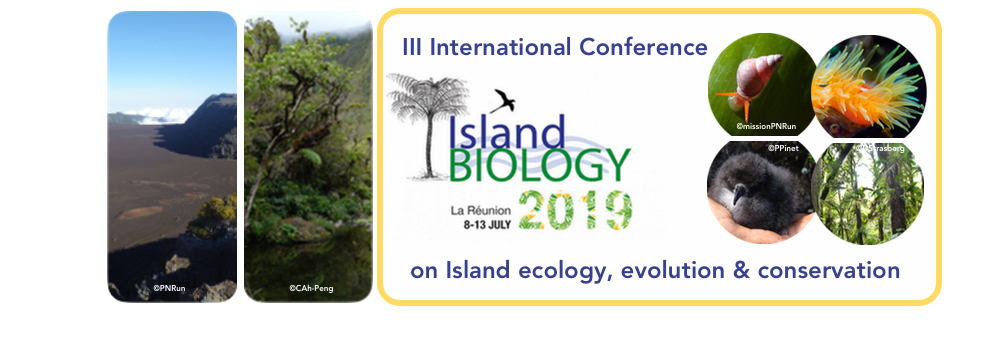Closely related island and mainland forms of the same species often differ in morphology, life history, diet, and behaviour. In cases where the mainland form has colonised multiple different islands, patterns of independent phenotype evolution on each island are often remarkably similar, providing compelling evidence that evolution is often repeatable. Why is this? In this talk I will present a general framework that describes why release from predation and/or interspecific competitors can generate repeatable patterns of evolution. I will illustrate the theoretical framework with observations from a number of island systems. My approach uses evolutionarily-explicit structured models that capture eco-evolutionary feedbacks of interacting species, with analyses of these models demonstrating the circumstances under which adaptation to an island environment is likely to generate repeated patterns of evolution. My results help explain why island species so often differ from their mainland counterparts, and once again demonstrates the importance of islands in generating general ecological and evolutionary insight.

|
|
|
|
The eco-evolutionary feedbacks of why island forms so often differ from their mainland counterparts
1 : University of Oxford
* : Corresponding author
Department of Zoology, 11a Mansfield Road, Oxford -
United Kingdom
|
| Online user: 61 | RSS Feed |

|
 PDF version
PDF version